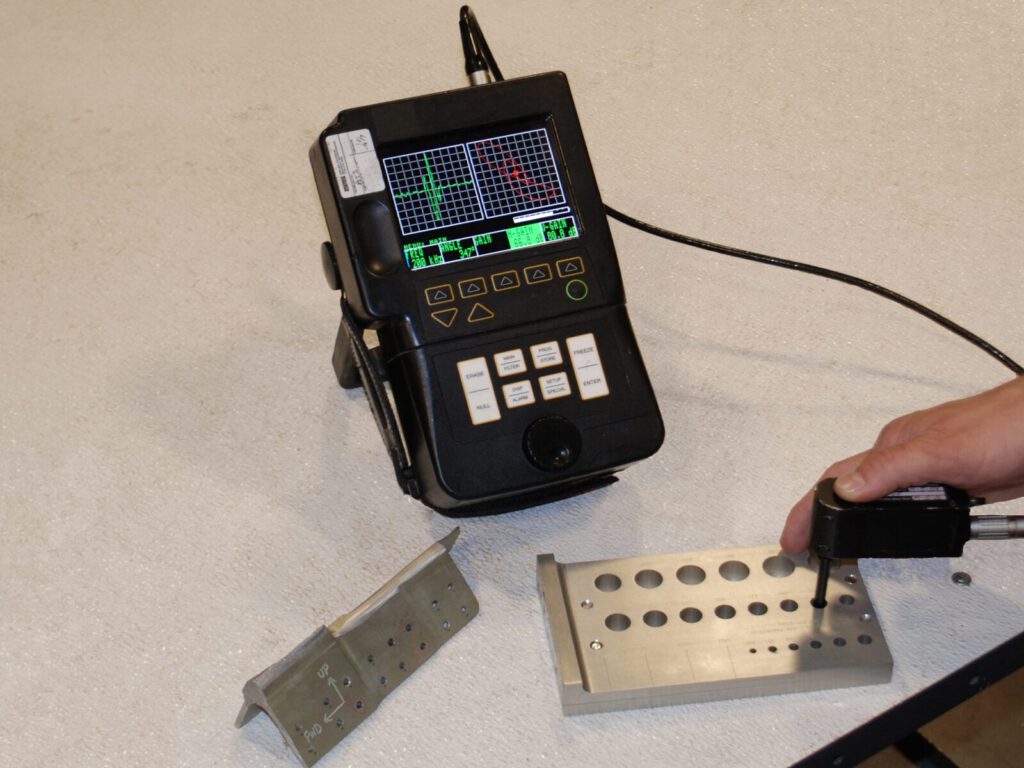Applied Technical Services offers Piper wing spar bolt hole inspections to keep both commercial and private aviators safe in the skies. Per an airworthiness directive (AD) soon to be published by the Federal Aviation Administration (FAA), many Piper aircraft will soon require inspection. The design of several models in the PA-28 and PA-32 lines are prone to developing fatigue cracks around visually inaccessible bolt holes in the lower cap of the main wing spars after a significant service life. These cracks will propagate to undermine the integrity of this important structural component if not addressed, potentially culminating in the wing detaching from the fuselage mid-flight.
The FAA now requires that affected aircraft undergo inspection within 100 hours of time-in-service (TIS) of completing 5,000 hours TIS, receiving a serviceable replacement wing spar, or if found to have missing or incomplete maintenance records — whichever comes first. Piper themselves also issued a service bulletin (SB 1345) requiring that affected aircraft owners complete an inspection according to the same criteria outlined by the FAA and then send the results to the manufacturer. Noncompliance may result in the suspension of an FAA certificate or punitive fines. ATS performs the assessment required by both Piper and the FAA, high-frequency eddy current testing (HFEC) according to SAE ARP4402, to detect any potentially dangerous cracks forming and help clients maintain their craft’s airworthiness.
HFEC Testing for Piper Wing Spar Bolt Hole Inspections
Eddy current testing allows our NAS 410-certified technicians to find defects at and near the surface of conductive materials, such as steel and aluminum. Joint research by the FAA, Piper, and National Transportation Safety Board (NTSB) shows that these fatigue cracks tend to develop longitudinally on the surface of the bolt holes on the lower wing spar cap, making HFEC the most appropriate inspection method to detect them early.
ATS maintains certification as an FAA Part 145 Repair Station (number HC4D227M) to perform nondestructive testing (NDT) methods, including eddy current, on client craft to help determine airworthiness. We specialize in performing eddy current testing, both high- and low-frequency variants, as well as C-scanning for the aviation industry. Our technicians’ decades of experience taking and interpreting these measurements make ATS the best choice to handle inspections compliant with AD 2020-26-16. If your Piper aircraft is affected by this airworthiness directive, contact us today to find out how our seasoned professionals can help you stay safe in the skies.



